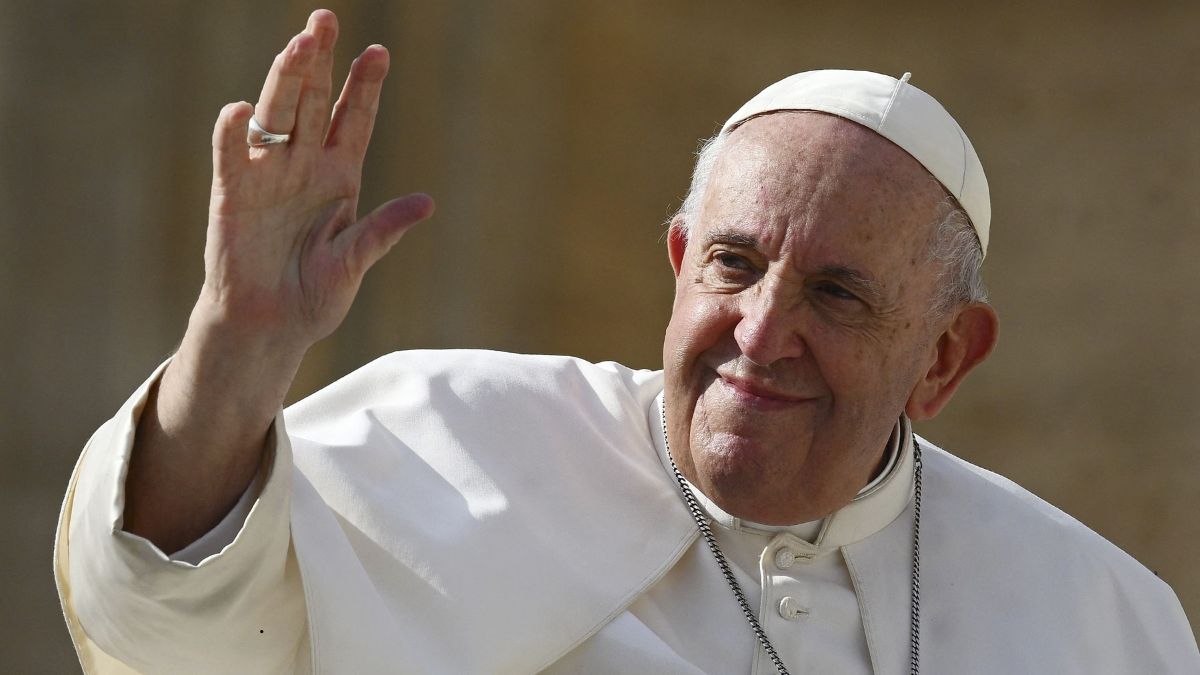With the death of Pope Francis at age 88 on Easter Monday, April 21, 2025, the Roman Catholic Church now begins the sacred and closely-watched process of choosing its next spiritual leader. As the world mourns the loss of the first Latin American and Jesuit pope, attention turns to the conclave that will elect the 267th pontiff.
How is a new Pope chosen?
The process of electing a pope is rooted in centuries-old tradition. After the pope’s death or resignation, the College of Cardinals convenes in the Sistine Chapel at the Vatican. Only cardinals under the age of 80 are eligible to vote — currently 137 out of a total of 252. These cardinal-electors take an oath of secrecy and are cut off from all external communication until a new pope is chosen.
Balloting is conducted in secret, usually up to four times a day, and a two-thirds majority is required. Each vote’s outcome is signaled to the public with smoke — black if inconclusive, white when a new pope is elected.
What is the conclave?
The conclave is the most powerful electoral body in the world, made up of cardinals from diverse backgrounds. Pope Francis significantly reshaped the College during his 12-year reign, elevating many from the Global South and smaller dioceses. As a result, the next conclave will be more Asian, African, and pastoral in orientation — less dominated by Europe and the Roman Curia.
Top contenders to become the next Pope
1. Cardinal Pietro Parolin (Italy):
Currently the Vatican Secretary of State, Parolin is a seasoned diplomat with experience negotiating key international agreements, including the historic US-Cuba thaw. At 70, he represents continuity, moderation, and governance expertise.
2. Cardinal Luis Antonio Tagle (Philippines):
Aged 67, Tagle is charismatic, media-savvy, and speaks fluent English. His pastoral approach and global popularity make him a strong candidate. If elected, he would be the first Asian Pope.
3. Cardinal Peter Turkson (Ghana):
The 76-year-old is a respected biblical scholar and long-time papal contender. His progressive views may divide opinion, but a pope from Africa — where Catholicism is growing fastest — would signal a bold shift.
4. Cardinal Péter Erdő (Hungary):
At 72, Erdő is a conservative intellectual with deep theological credentials. He may be seen as a consensus candidate who could unify factions within the Church.
5. Cardinal Mykola Bychok (Ukraine) – The Wild Card:
At just 45, Bychok is young but not without precedent. As war continues in Ukraine, his appointment would send a powerful geopolitical message. His pastoral experience in Australia and Ukraine gives him a unique global perspective.
What comes next?
Pope Francis’ revolutionary impact on the College of Cardinals means his successor is likely to reflect his global and pastoral priorities. However, conclaves are known for their unpredictability. As observers around the world await the white smoke, one thing is certain: the choice of the next pope will shape the direction of the Catholic Church for decades to come.


